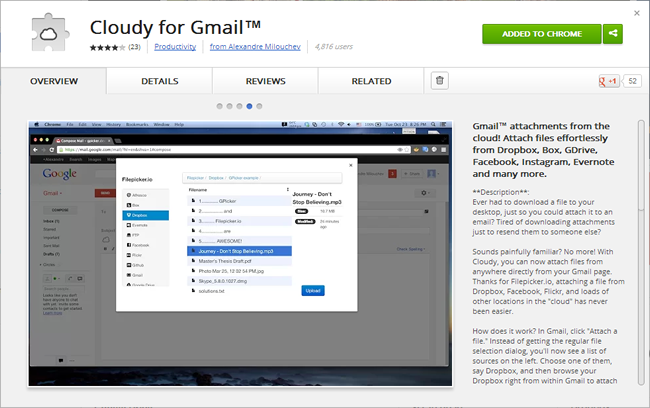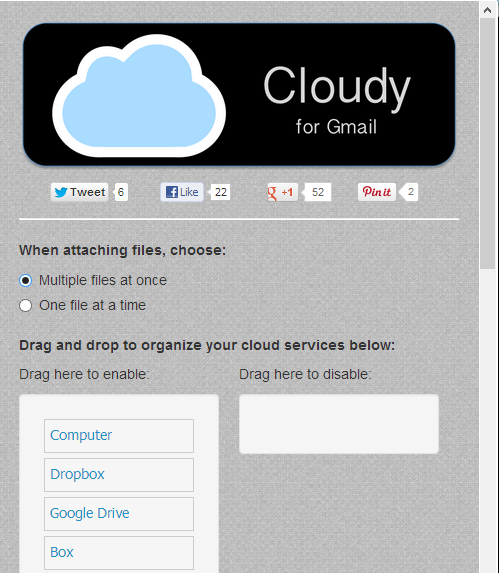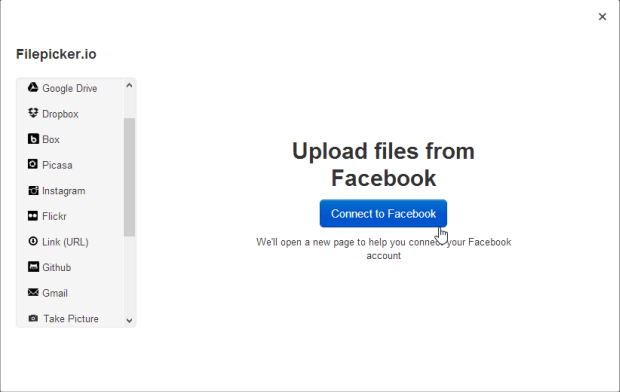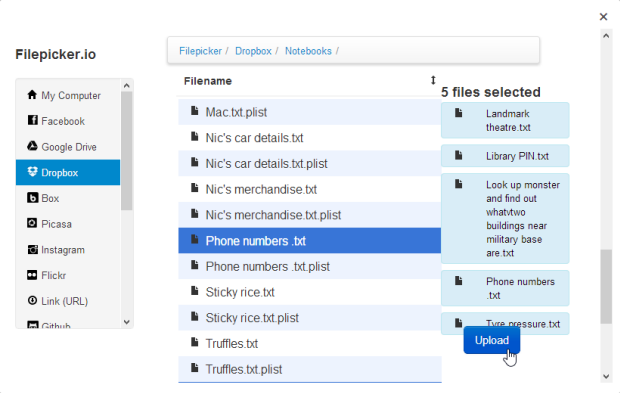Quick Links
Cloud storage is now so commonplace that there are not many people that do not take advantage of storing files online. There are a huge number of services to choose from, including Google Drive and Dropbox, and Cloudy is a free extension for Chrome that makes it possible to attach cloud-based files to emails.
This not only helps to avoid the need to re-download files you do not have local copies of just so you can attach them to a message, but it also helps to overcome another problem.
Most cloud storage services offer users the opportunity to share files with other people, but it can be hard to know what services your contacts are using – and why should your friends and colleagues sign up for a particular service just to download a file you’ve sent them? Cloudy is a great alternative.
You can grab a copy of the extension by visiting the Chrome web store and once installed you can configure how it should work by clicking the newly added toolbar button.
Cloudy supports a wide range of storage services and it’s unlikely that you’re going to want to make use of all of them. You can drag any services you do not use from the left hand column to the right hand one to choose which options will be displayed when you attach a file to an email, and you can also choose between attaching files one at a time or en masse.
Cloudy in Action
When you next compose an email, a new Cloudy button appears at the bottom of the message window next to the formatting and Send button.
The services you see listed will depend on which ones you have enabled, and in each cases you will need to connect Cloudy to your cloud service account.
Once connected, you can then browse through your online files, select whichever ones you want to attach, and everything else is taken care of for you – all that’s left to do is hit Send.
The range of services supported by Cloudy is impressive. Old favorites such as Google Drive, Box and Dropbox are here, but there’s also support for Github, FTP servers and images that are stored on Flickr, Facebook and more.






